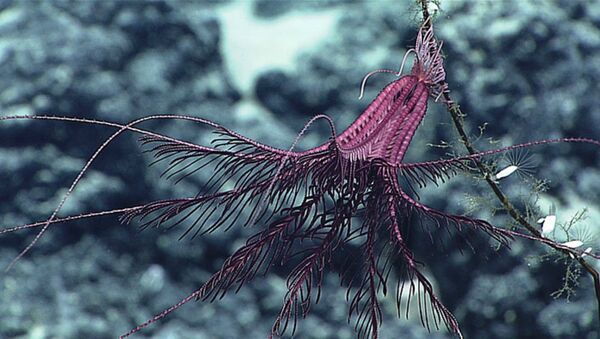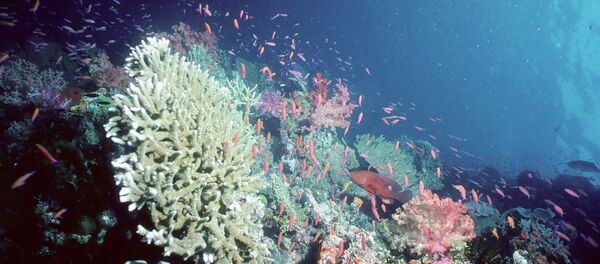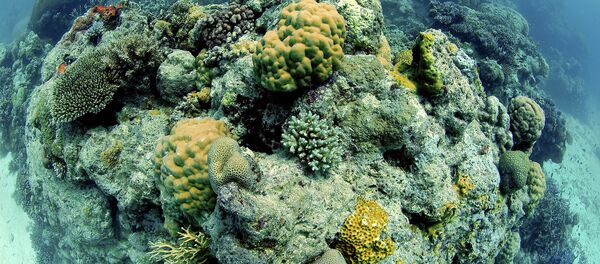According to a study by the Woods Hole Oceanographic Institution, about 40 percent of coral in the Sea have already been bleached.
"Dongsha Atoll is typically hit with tropical storms and strong winds in June, which keep the corals as cool as the open ocean," Tom DeCarlo, lead author of the study, said in a media release last week.
"But in 2015, the weather in June was exceptionally calm — at one point, there was basically no wind and no waves. That had an amplifying effect on the water temperatures, which were already feeling the heat from global warming and El Nino. The whole reef became a giant swimming pool that just sat there and baked in the sun."
Military buildup by China and other nations in the region contributes to the die-off, too, according to the report, as the Chinese military uses reefs as foundations for military construction. According to media reports, China has taken over more than 3,000 acres of reef in the Sea since the start of 2014. This kind of activity has led to a 70 percent reduction in reef cover near the structures, the reports says.
"It's possible that coral reefs are in much more immediate danger than we have anticipated," Woods Hole scientist Anne Cohen said in the release. "When global and regional anomalies align, a seemingly mild two-degree warming could be more like six degrees."



